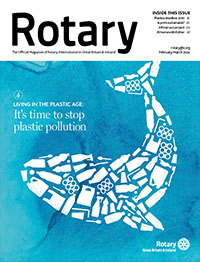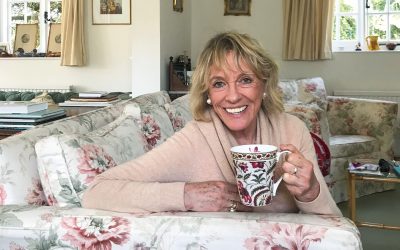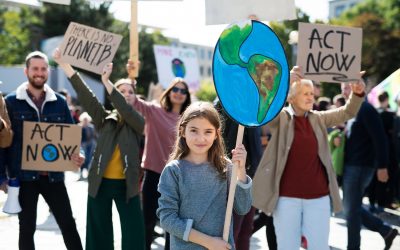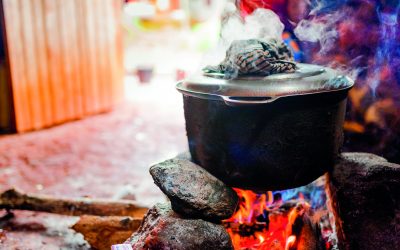More than $18 million in Rotary Foundation global grant funding has been allocated to environment-related projects over the past five years.
But when The Rotary Foundation and Rotary International created a distinct area of focus to support the environment, it gave Rotarians on the ground even more ways to bring about positive change in the world.
Enter Barnard Castle Rotary in County Durham, and their far-reaching plan for a global grant which would change the lives and environment for thousands of people in the Saiwa Swamp wetland in Western Kenya.
The smallest National Park in the country, it’s home to three endangered wetland species, the DeBrazza monkey, the aquatic antelope Sitatunga and the Crowned Crane.
The nearby town of Kipsaina is a long way from the idyllic ruined castle and cobbled market place of Barnard Castle. But the beginnings of the project to fund and deliver WASH provision – water, sanitation and hygiene – go back a long way.
But when The Rotary Foundation and Rotary International created a distinct area of focus to support the environment, it gave Rotarians on the ground even more ways to bring about positive change in the world.”
The project is being driven from Barnard Castle by Rotarians Colin Dunnigan and Sam Forsyth – Colin’s a past president of the main club, and Sam a member of their satellite group and teacher at Barnard Castle School.
Colin said: “We heard of the work Sam had been doing in Kenya and the ambition to make a huge difference to the environment, in terms of protecting the wetland, which is being drained by local usage, and improving access to clean water and sanitation.
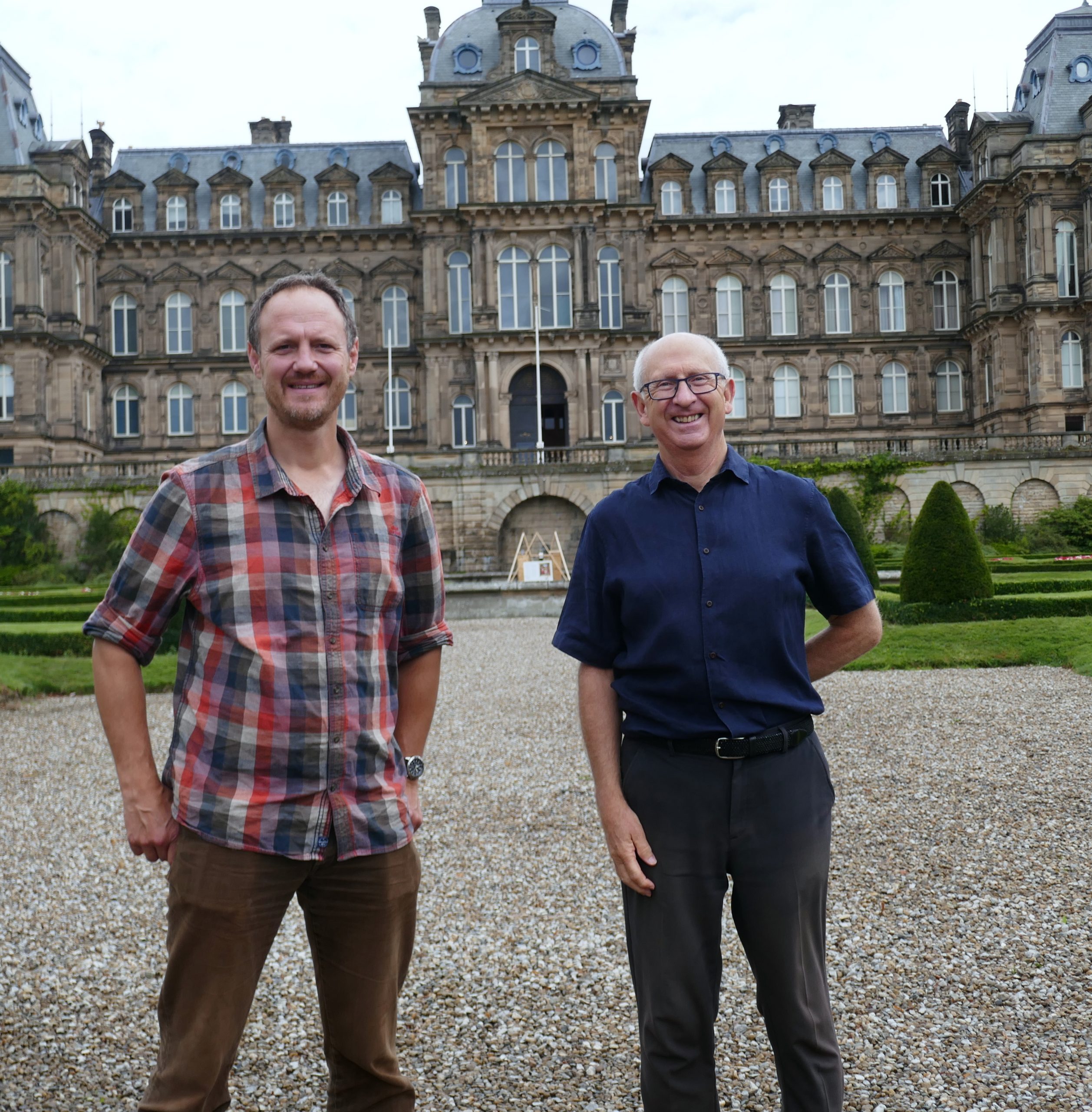

The project is being driven by Rotarians Sam Forsyth (left) and Colin Dunnigan (right).
“It’s inspired us to get on board with what is a significant project, but one we’re determined to bring to fruition.”
This project sprung from a partnership between Maurice Wanjala of the Kipsaina Crane and the Wetland Conservation Group (KCWCG), and Sam, who is involved in the Kipsaina Education and Environmental Partnership.
Their friendship goes back 26 years when Sam, then working as a film maker, filmed Maurice’s environmental work for the BBC.
Maurice, Sam and their groups have been working since 2017 on an international partnership to further the educational and environmental work carried out by KCWCG.
Sam explained: “Not only is the wetland an oasis of biodiversity, but it acts as a natural sponge, providing drought and flash flood protection for tens of thousands of people living downstream.
“This ecosystem is threatened by encroachment from farmers and by people entering it for the extraction of water – water that often carries disease.”
Not only is the wetland an oasis of biodiversity, but it acts as a natural sponge, providing drought and flash flood protection for tens of thousands of people living downstream.”
The threatened wetland ecosystem is surrounded by several extremely poor rural communities, where the average household income is less than $1 a day.
He added: “A key element of improving the lives of these communities is access to clean water and sanitation, which reduces water borne diseases and the dependence on the wetlands for water gathering, with a massive environmental pay-off.”
As part of their research, Maurice and Sam contacted the Africa Water Bank, which has worked for decades delivering innovative roof rainwater harvesting tanks and sanitation across Africa, many in conjunction with Rotary International.
This proposal is for two schemes to be funded, with tanks delivered to four schools and surrounding communities around the Saiwa ecosystem.
The schemes would incorporate a cashless water-dispensing kiosk, using mobile phone payment, providing water to the wider community and generating money for the sustainable operation of these low maintenance systems.
In effect the swamp would be encircled with clean water, protecting the environment, and bringing in clean water to the centre of the population.


A key element of improving the lives of these communities is access to clean water and sanitation, which reduces water borne diseases and the dependence on the wetlands for water gathering, with a massive environmental pay-off.
Maurice explained: “With a clean water supply fewer people will have reason to enter the swamp with less disturbance of the wetland vegetation and the wildlife living there – including the three key species.
“In addition, this project will work to train adults and children in efficient use of waste water for small scale organic vegetable farming – reducing the incentive to cultivate the wetland margins.”
Discussions have taken place with members of nearby Kitale Rotary Club in Kenya, who have provisionally agreed to act as host club and there’s support in principle from Rotary North East.
With a clean water supply fewer people will have reason to enter the swamp with less disturbance of the wetland vegetation and the wildlife living there – including the three key species.”
This is not a cheap project. Colin said: “A technical survey demonstrated the feasibility of the project, coming in at a cost of £197,000.
“The biggest hurdle is that we need to raise around £65,000 before submitting a grant application. It’s a significant amount.
“But, with well targeted requests, we think it’s achievable.”
Rotary International’s aim to give Rotary members on the ground even more ways to bring about positive change in the world has helped inspire this ambitious project.
There’s a long way to go, but the results will be widespread and significant.
They will make a huge difference to the communities in the Saiwa wetland – people and endangered species alike.









